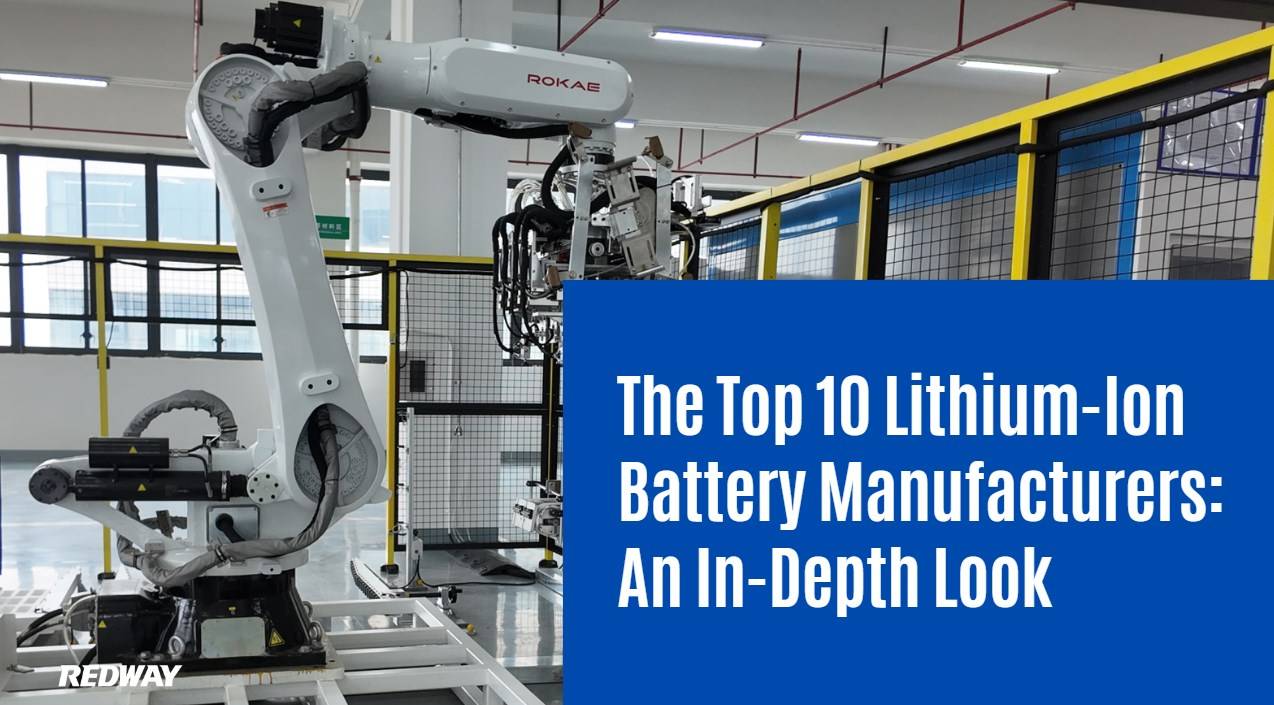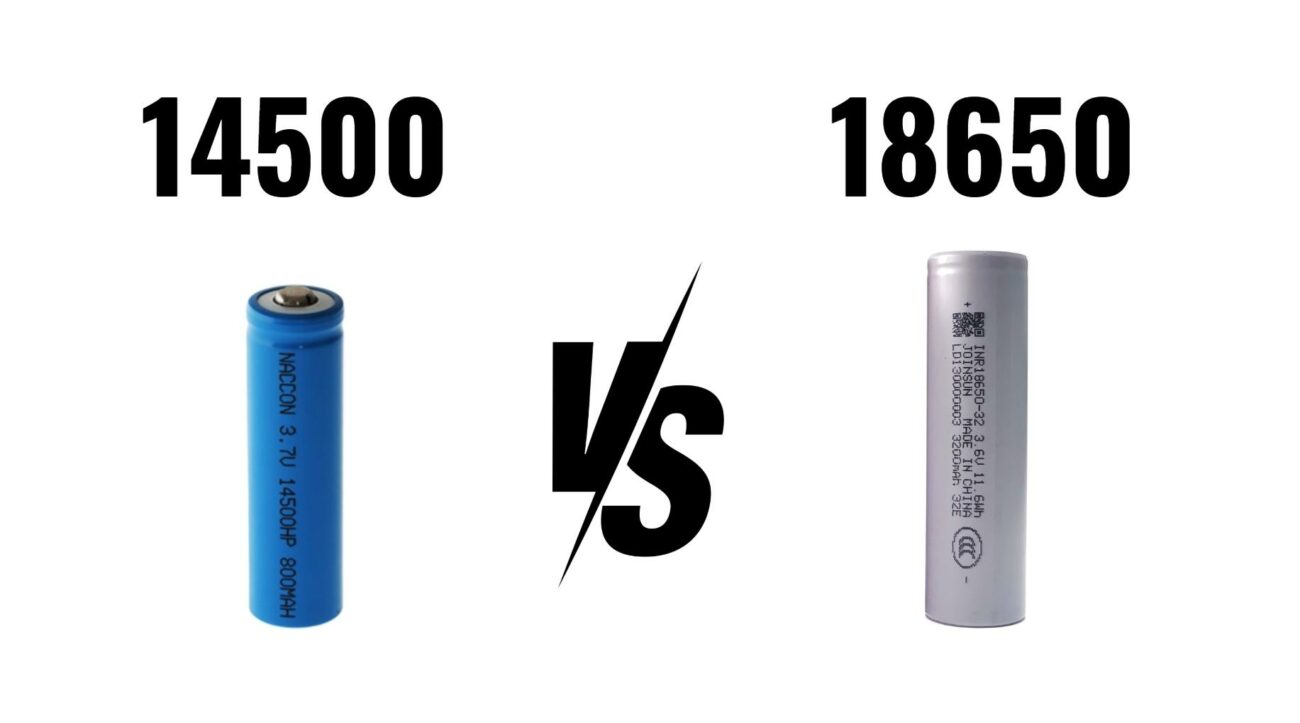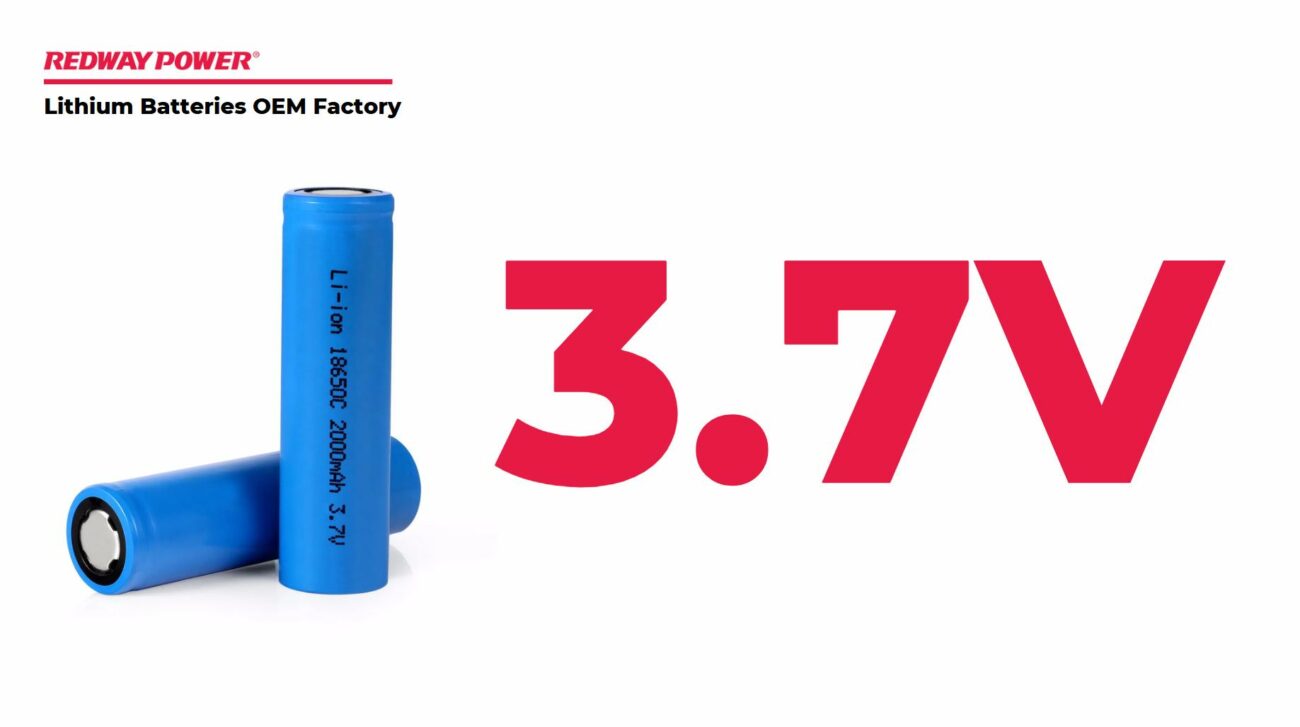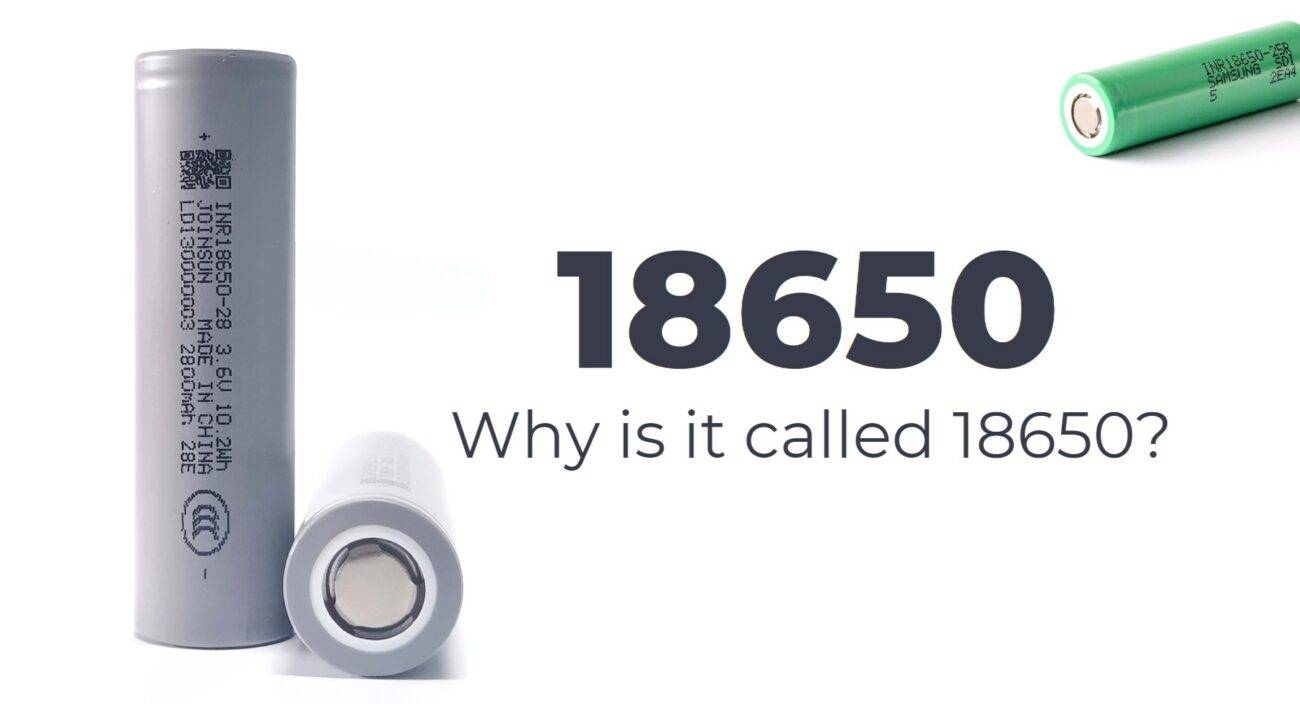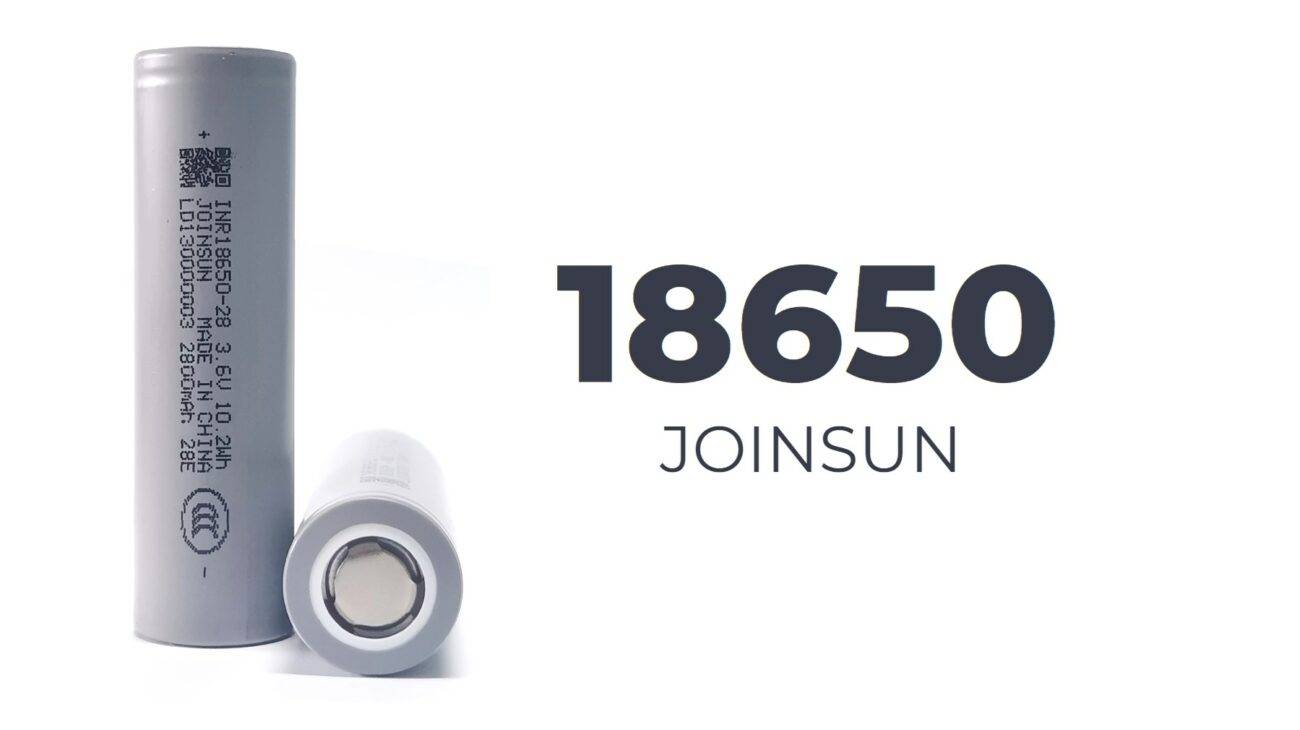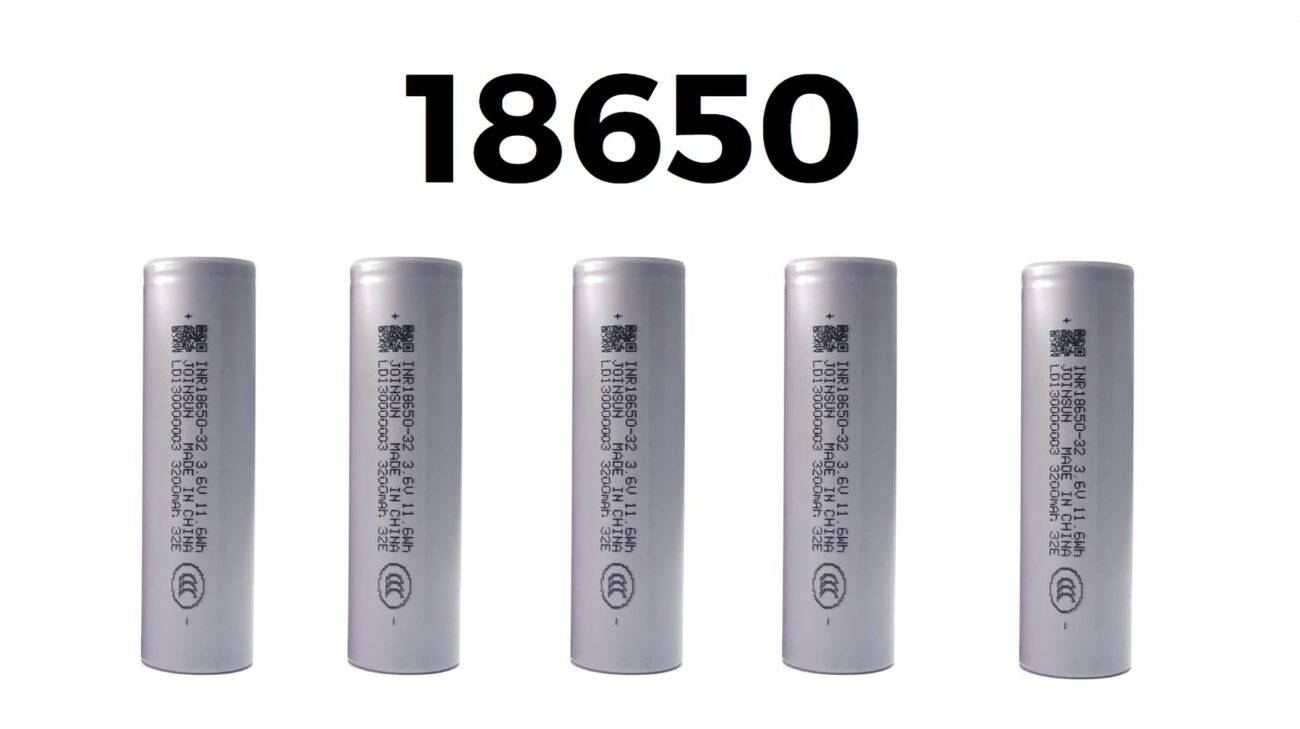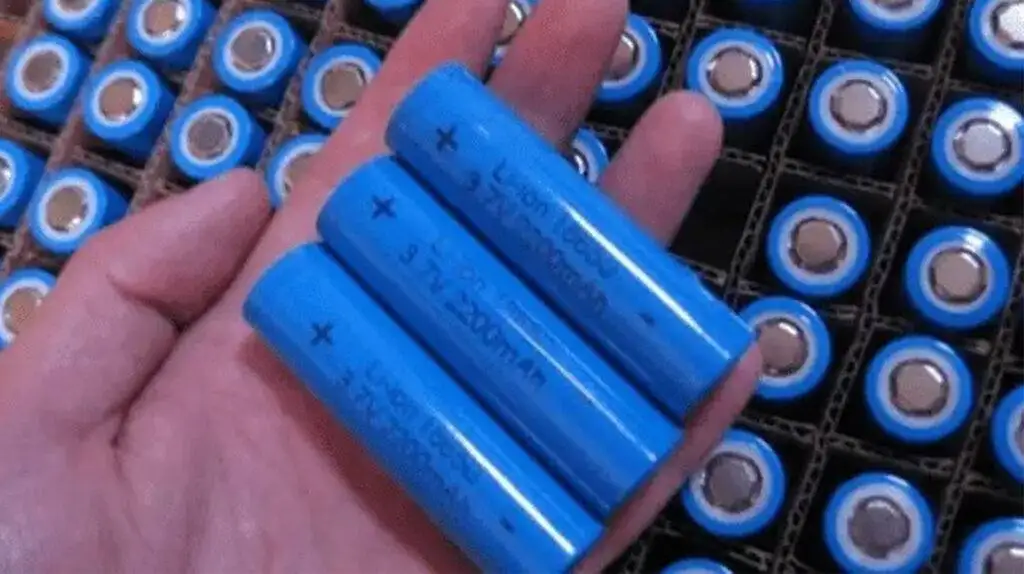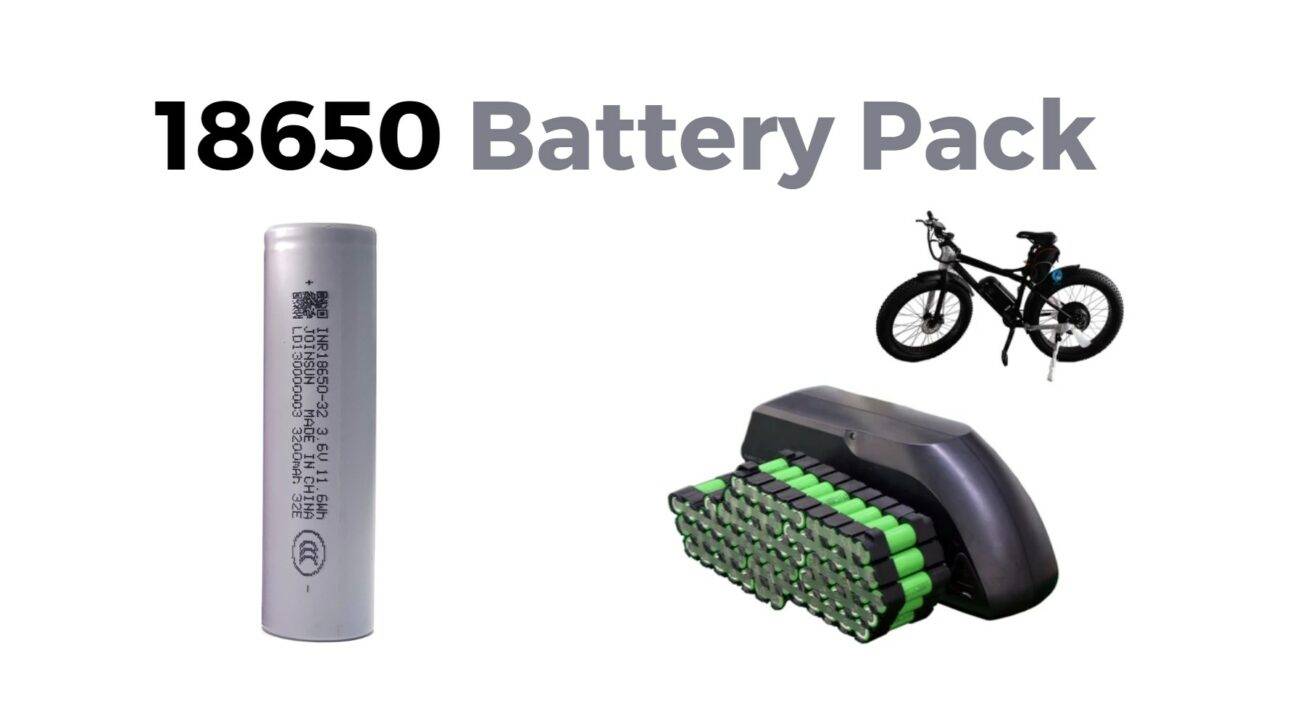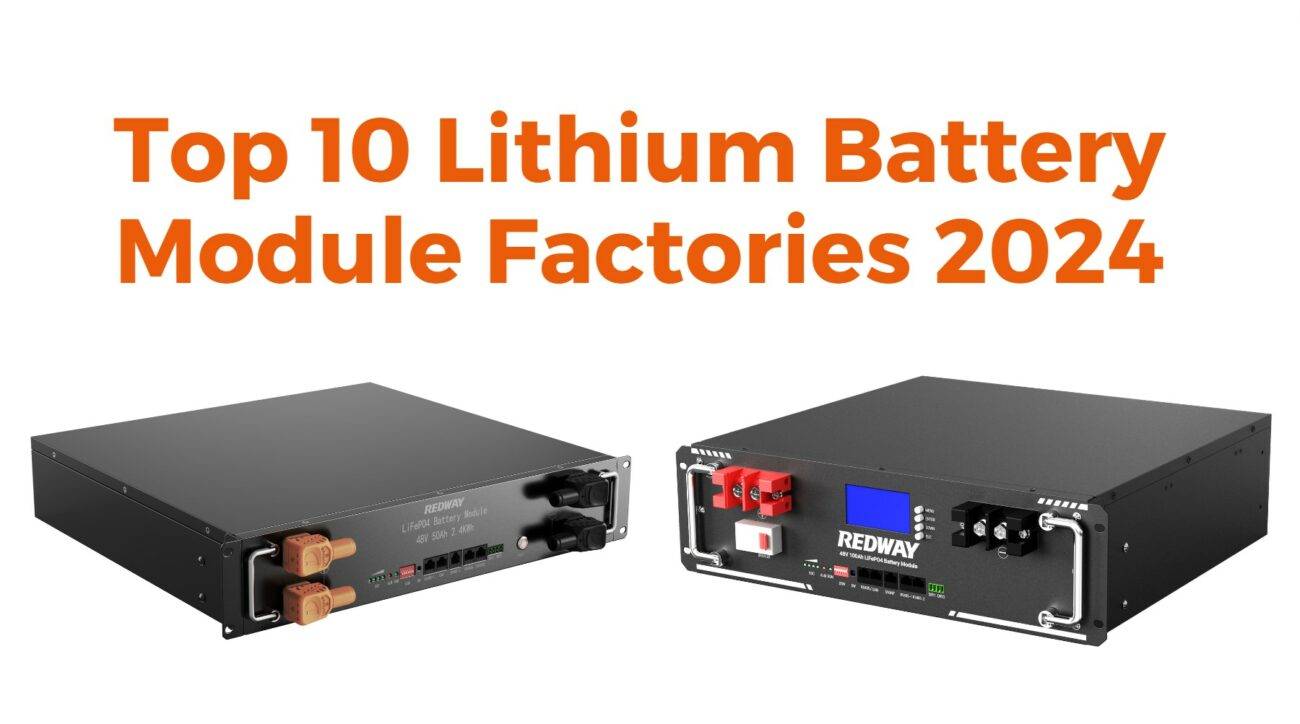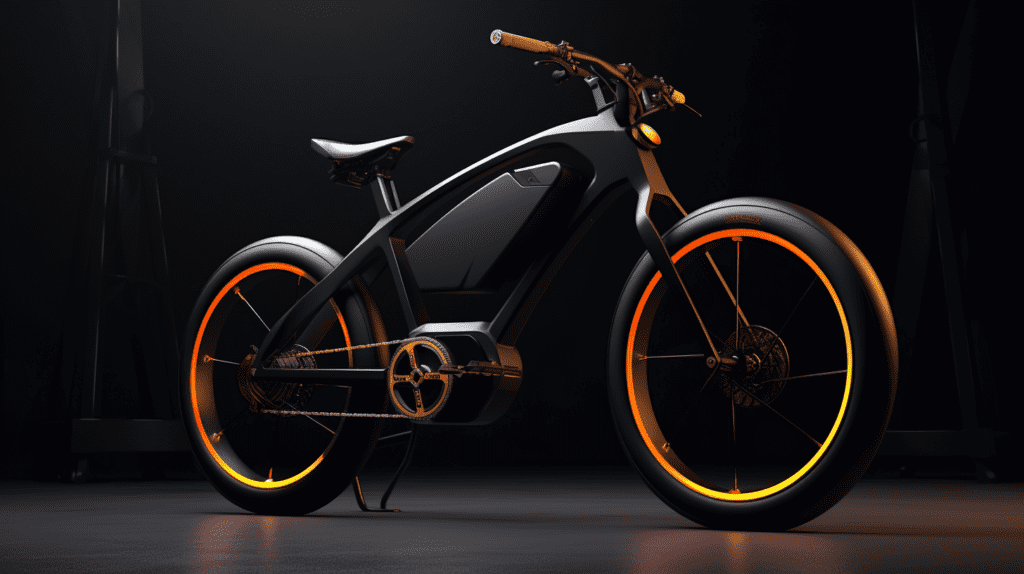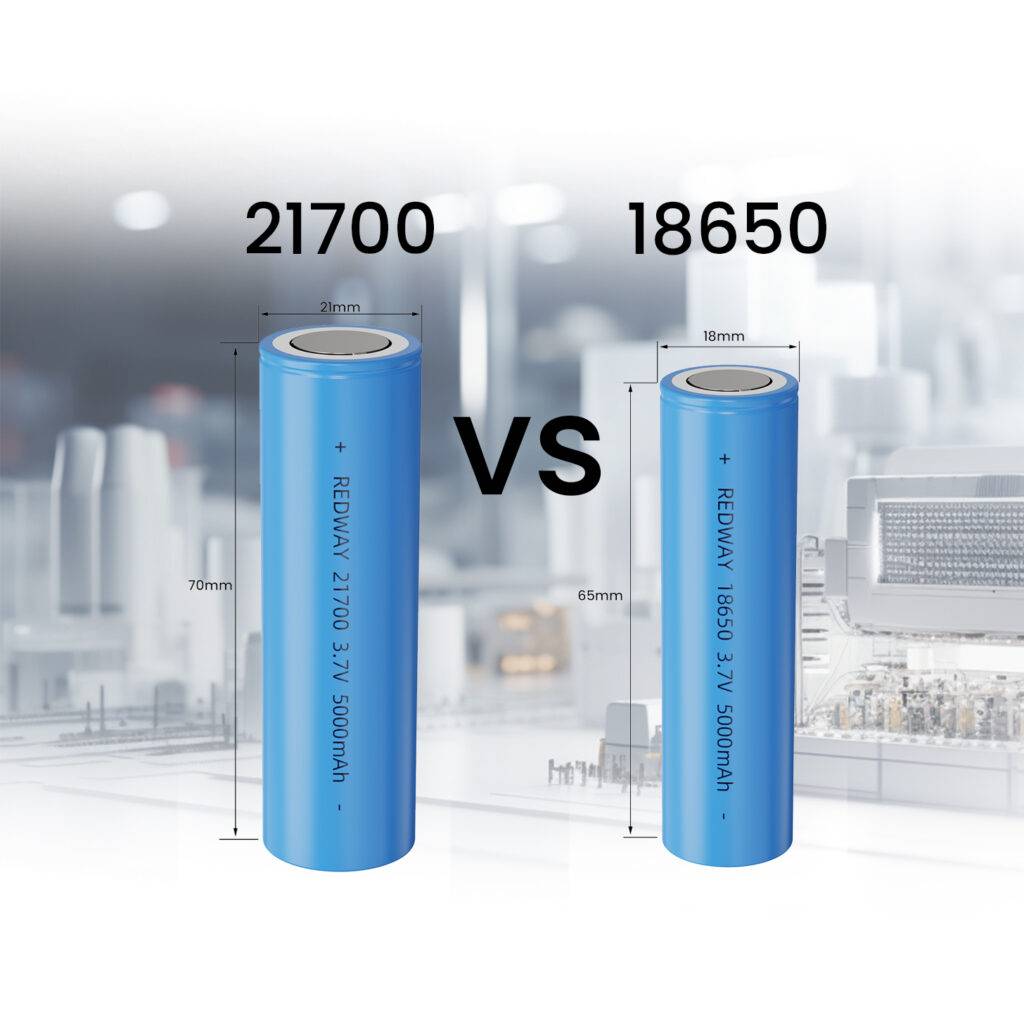Lithium-ion batteries are critical components in modern technology, powering everything from smartphones to electric vehicles (EVs). The top manufacturers in this sector are driving innovation and meeting the growing demand for efficient energy storage solutions. This article provides an in-depth look at the leading companies in lithium-ion battery manufacturing.
What Are Lithium-Ion Batteries and Their Applications?
Lithium-ion batteries are rechargeable energy storage devices that use lithium ions as the primary charge carrier. They operate through the movement of lithium ions between an anode (usually graphite) and a cathode (often a lithium metal oxide) during discharge and charge cycles.
Applications
- Consumer Electronics: Widely used in smartphones, laptops, and tablets.
- Electric Vehicles: Powering electric and hybrid vehicles, contributing to sustainable transportation.
- Renewable Energy Storage: Storing energy from solar and wind sources for later use.
These applications highlight the versatility and importance of lithium-ion technology in today’s energy landscape.
Chart: Applications of Lithium-Ion Batteries
| Application | Description |
|---|---|
| Consumer Electronics | Used in devices like phones and laptops |
| Electric Vehicles | Powers EVs and hybrids for sustainable transport |
| Renewable Energy Storage | Stores energy from renewable sources |
Who Are the Top 10 Lithium-Ion Battery Manufacturers?
The following companies are recognized as leaders in lithium-ion battery manufacturing:
- CATL (Contemporary Amperex Technology Co., Limited): A Chinese company known for its large-scale production of EV batteries.
- LG Energy Solution: A South Korean manufacturer specializing in batteries for EVs and energy storage systems.
- Panasonic: A Japanese company that produces batteries for Tesla vehicles and consumer electronics.
- Samsung SDI: Another South Korean manufacturer focusing on EV batteries and consumer electronics.
- BYD (Build Your Dreams): A Chinese company that manufactures batteries for its own electric vehicles as well as for other applications.
- A123 Systems: A U.S.-based manufacturer known for its advanced lithium iron phosphate batteries.
- SK Innovation: A South Korean company producing batteries for electric vehicles and energy storage solutions.
- Toshiba: Known for its SCiB (Super Charge ion Battery), which offers rapid charging capabilities.
- Northvolt: A Swedish startup focused on sustainable battery production, particularly for EVs.
- Envision AESC: A global battery supplier with a focus on high-performance lithium-ion batteries for automotive applications.
Chart: Top 10 Lithium-Ion Battery Manufacturers
| Rank | Manufacturer | Country | Key Focus Area |
|---|---|---|---|
| 1 | CATL | China | Electric Vehicles |
| 2 | LG Energy Solution | South Korea | EVs & Energy Storage |
| 3 | Panasonic | Japan | Tesla Batteries & Electronics |
| 4 | Samsung SDI | South Korea | EVs & Consumer Electronics |
| 5 | BYD | China | Own EVs & Various Applications |
| 6 | A123 Systems | USA | Advanced Lithium Iron Phosphate |
| 7 | SK Innovation | South Korea | EVs & Energy Storage |
| 8 | Toshiba | Japan | Rapid Charging Batteries |
| 9 | Northvolt | Sweden | Sustainable Battery Production |
| 10 | Envision AESC | Global | High-Performance Automotive Batteries |
What Are the Key Strengths of Each Manufacturer?
Each manufacturer has unique strengths that contribute to their success:
- CATL: Leading in production capacity and technological innovation, particularly in EV batteries.
- LG Energy Solution: Strong partnerships with major automotive manufacturers enhance its market presence.
- Panasonic: Renowned for high-quality batteries, especially those used in Tesla vehicles.
- Samsung SDI: Diversified product range catering to both automotive and consumer electronics markets.
- BYD: Vertical integration allows control over supply chains from battery production to vehicle manufacturing.
- A123 Systems: Focus on advanced chemistries that enhance safety and performance.
- SK Innovation: Significant investments in R&D to improve battery efficiency and sustainability.
- Toshiba: Unique rapid charging technology that reduces downtime for electric vehicles.
- Northvolt: Commitment to sustainability with a focus on recycling and green manufacturing practices.
- Envision AESC: Expertise in producing high-performance batteries tailored for automotive applications.
Chart: Key Strengths of Leading Manufacturers
| Manufacturer | Key Strength |
|---|---|
| CATL | Production capacity & innovation |
| LG Energy Solution | Strong automotive partnerships |
| Panasonic | High-quality Tesla batteries |
| Samsung SDI | Diverse product range |
| BYD | Vertical integration |
| A123 Systems | Advanced safety chemistries |
| SK Innovation | R&D investments |
| Toshiba | Rapid charging technology |
| Northvolt | Sustainable practices |
| Envision AESC | High-performance automotive batteries |
How Do These Companies Contribute to the Global Battery Market?
These manufacturers play crucial roles in shaping the global lithium-ion battery market by:
- Driving Innovation: Continuous research leads to better performance, efficiency, and safety features.
- Meeting Demand: As electric vehicle adoption rises, these companies scale up production to meet market needs.
- Sustainability Initiatives: Many are investing in recycling technologies and sustainable sourcing of materials.
Their contributions are vital for advancing battery technology and supporting global energy transition efforts.
What Innovations Are Being Developed by Leading Manufacturers?
Leading manufacturers are investing heavily in innovations such as:
- Solid-State Batteries: Companies like Toyota and Panasonic are exploring solid-state technology to enhance safety and energy density.
- Battery Management Systems (BMS): Enhanced BMS technologies improve battery life and performance monitoring across various applications.
- Recycling Technologies: Innovations aimed at recovering valuable materials from used batteries are becoming increasingly important.
These innovations will play a critical role in shaping the future of energy storage.
What Challenges Do Lithium-Ion Battery Manufacturers Face?
Lithium-ion battery manufacturers encounter several challenges:
- Raw Material Supply Chain Issues: Fluctuations in prices and availability of key materials like lithium, cobalt, and nickel can impact production costs.
- Environmental Concerns: The environmental impact of mining operations raises sustainability questions.
- Competition from Emerging Technologies: Solid-state batteries pose a potential threat to traditional lithium-ion technologies.
Addressing these challenges is essential for maintaining competitiveness in the market.
Chart: Challenges Facing Lithium-Ion Battery Manufacturers
| Challenge | Description |
|---|---|
| Raw Material Supply | Price fluctuations & availability issues |
| Environmental Concerns | Impact of mining practices |
| Competition | Threat from emerging technologies like SSBs |
FAQ: Common Questions About Lithium-Ion Battery Manufacturers
Q1: What is the largest lithium-ion battery manufacturer?
A1: CATL is currently the largest lithium-ion battery manufacturer by production capacity.Q2: Why are lithium-ion batteries widely used?
A2: They are cost-effective, reliable, have high energy density, and support a wide range of applications.Q3: What are solid-state batteries?
A3: Solid-state batteries use a solid electrolyte instead of a liquid one, offering improved safety and energy density compared to traditional lithium-ion batteries.
Industrial News: Recent Trends in Lithium-Ion Battery Manufacturing
Recent trends indicate significant growth in the lithium-ion battery sector, driven by rising demand from electric vehicle manufacturers and renewable energy storage solutions. Major players like CATL and LG Energy Solution continue to expand their production capacities while investing heavily in research aimed at enhancing battery performance and sustainability practices. Additionally, governments worldwide are implementing regulations that promote cleaner battery technologies, further shaping industry dynamics.
Redway Expert Insights
“The competition among lithium-ion battery manufacturers is intensifying as global demand surges,” states Dr. Emily Chen, an expert in energy storage technology. “Innovation will be key to staying ahead; companies must focus not only on performance but also on sustainability to meet future challenges.”



